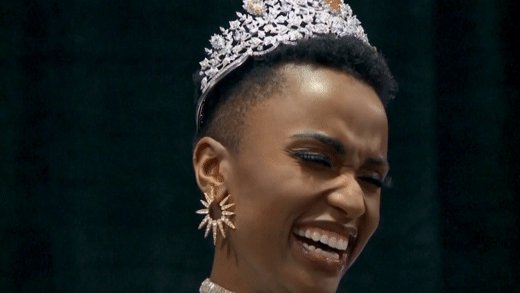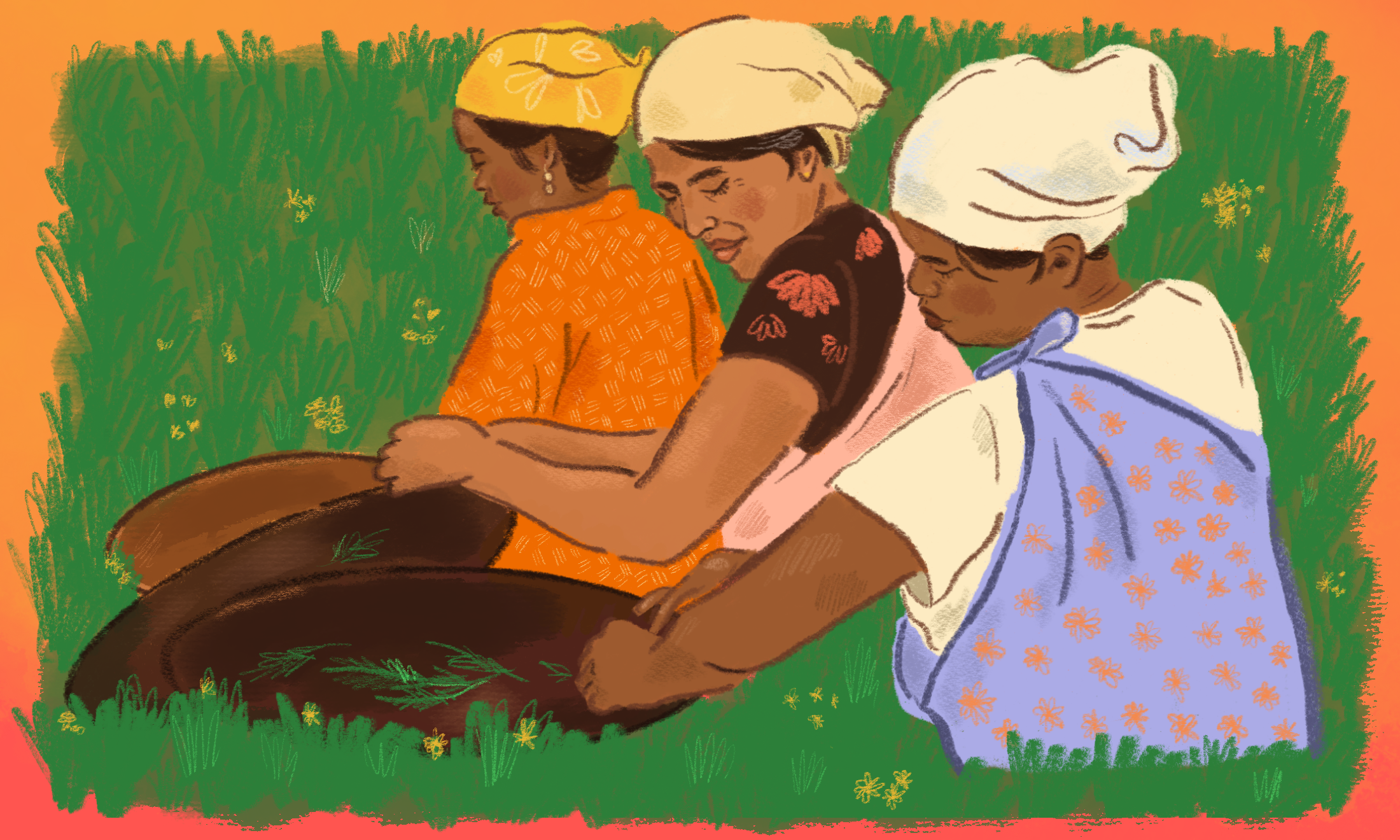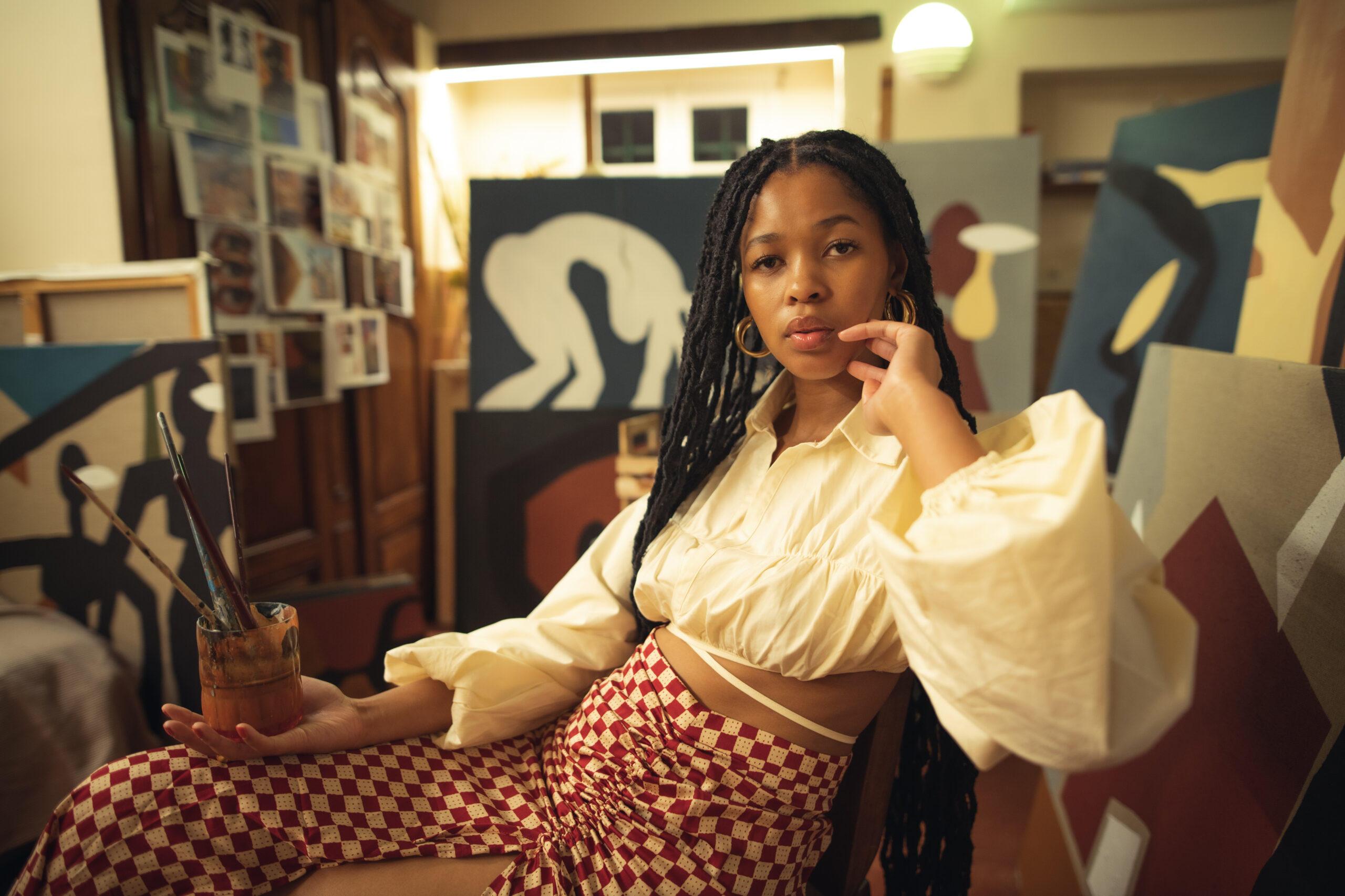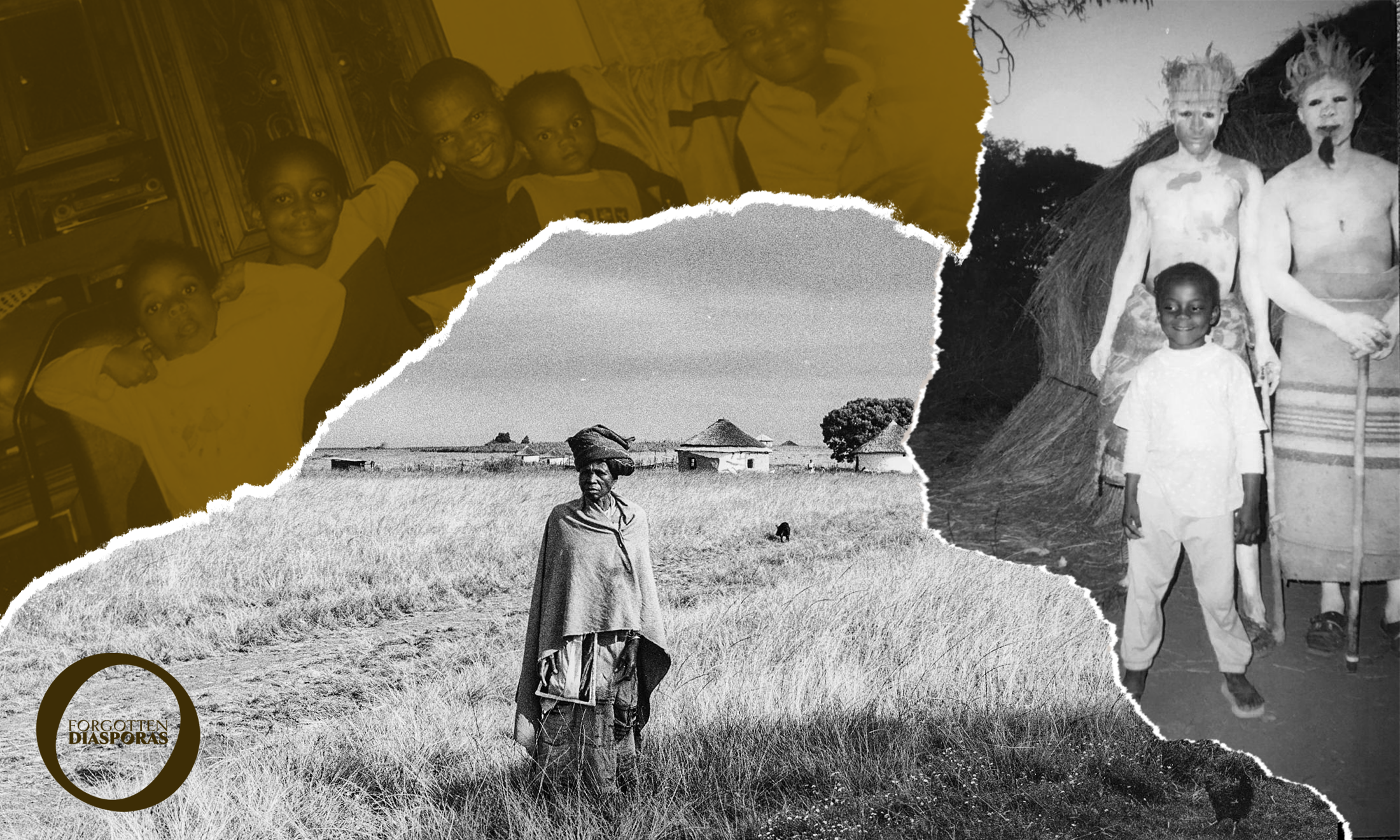
The Foxy Five: the South African web series representing black millennial women
Eva Grace-Bor
22 Jul 2016
When positively channelled, the energy garnered within political collectives impacts beyond the immediacy of direct action. Action, the seed sprouted from collective dissatisfaction, becomes the vessel through which institutionalised oppression may be challenged. It opens a discourse and paves the way to ultimately effect reform in policy. The Pandora’s Box (or boxes) that are blown open by organised resistance stay open long after the initial moment of unrest, and the dialogue continues, grows, and transforms.
What is invaluably gained from direct protest is the practical application of liberation, the imagining of a community where fair social organisation is not just a focal point but also an essential element to challenging dominant forces. In the active organisation of protest space wider social issues come into light, because microcosmic pockets of society inevitably reflect societal problems such as racism, sexism, classism, transphobia, homophobia, and so on. Resistance offers an opportunity to build on old forms of protest within a new socio-political climate that demands a more appropriate approach, one in which voices marginalised in previous stages of the same struggle can take centre stage. 

Jabu Newman is a filmmaker who witnessed the brutality towards radical black students who protested against institutionalised racism, as she visually documented the #FeesMustFall campaign at the University of Cape Town. Newman has combined her firsthand experiences with her background as a politics and film undergraduate student, creating web series The Foxy Five, a witty, humorous and stylish articulation of the sentiment of a generation of young South Africans who understand their power, just as they understand their oppression.
The notably black, women and trans-led #FeesMustFall campaign, which spread across university campuses in South Africa last year, mirrors prior periods of political unrest and racial tension in South Africa. The police brutality towards student protesters of the #FeesMustFall campaign is eerily reminiscent of the Soweto uprising of 1976, although this time the freedom fighters visible at the forefront are not just men. The #FeesMustFall protests reflect the frustration felt within an unequal society where the legacies of colonialism and apartheid run deep. Although the struggle of South African students is rooted in a specific national history of oppression, similarities can be drawn with UK-based student action, such as the Why Is My Curriculum White campaign initiated by UCL. These similarities demonstrate a global youth dissatisfaction with eurocentricity and a collective energy, within Africa and the diaspora, being applied to the de-colonising project.
The Foxy Five girls represent different activist archetypes, with their different approaches and attitudes towards revolution demonstrating the complexities of political cooperation. From beret-wearing Blaq Beauty (“the kind of pan-africanist honey who wants to marry Steve Biko whilst having an affair with Malcolm X”) who insists “war-boosts economy” and “I’m not fighting for white women”, to “utopian flower child” Prolly Plebs. Conservatively dressed Womxn We is “going to be the first woman president of South Africa” and supports the unity of all women, whilst Femme Fatale blows smoke rings whilst fighting for sexual liberation. But it is Unity Bond, the narrator and the group leader, who calls the final shots.
 Episode one, which recently debuted on Okay Africa, deals with sexual harassment. It sees the group plot their political takeover, chase misogynists away in the baddest outfits you’ve ever seen, and toast to their power as an orange sun sets over the city. With a mountainous backdrop and Xhosa-Zulu vernacular woven into the script, the series is unmistakably Capetonian whilst having mass appeal to a young, global black audience.
Episode one, which recently debuted on Okay Africa, deals with sexual harassment. It sees the group plot their political takeover, chase misogynists away in the baddest outfits you’ve ever seen, and toast to their power as an orange sun sets over the city. With a mountainous backdrop and Xhosa-Zulu vernacular woven into the script, the series is unmistakably Capetonian whilst having mass appeal to a young, global black audience.
Newman represents the black and brown millennials who take strength from past political victories in liberation, realise how much work there is to be done, and understand their potential as the first generation to hold the weapon that is the Internet. Her beautiful creative direction merges 21st century liberation politics with a seventies aesthetic. The outcome is at once timeless and absolutely relevant to right now. It’s the kind of concept that could only be honestly executed by someone who’s story it is. With The Foxy Five, Newman proves the power and necessity of women of colour telling our own stories, as creatives and political agents.
All images used are credited to Jabu Newman. Keep up to date with The Foxy Five on Facebook and Twitter.










